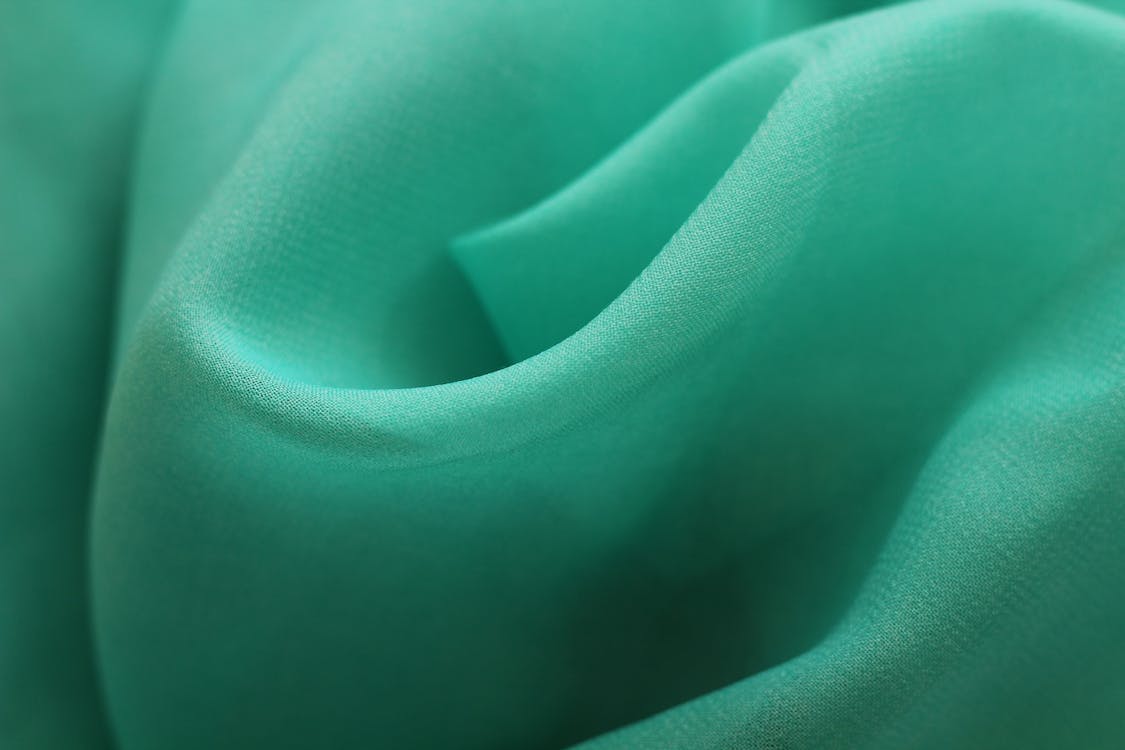
FAQ About Differences in Polyester
Is polyester water-resistant?
Polyester, as a standalone fiber, is not inherently water-resistant. It is hydrophobic, meaning it repels water to some extent but does not provide full water resistance or waterproof properties.
Untreated polyester fabrics can absorb small amounts of water, and if exposed to a significant amount of moisture or rain, they may become wet. However, polyester fabrics can be treated with water-repellent finishes or coatings to enhance their water resistance.
Water-resistant polyester fabrics are often used in various applications where some level of protection from water is desired, but complete waterproofness is not required. For example, water-resistant polyester is commonly used in outdoor jackets, windbreakers, backpacks, and other outdoor gear. The water-repellent treatment helps to shed light rain or moisture and keeps the wearer relatively dry.
It's important to note that the water resistance of polyester can vary depending on the specific fabric construction and the quality of the water-repellent treatment. Over time, with wear and repeated washing, the effectiveness of the water-resistant finish may diminish and require reapplication.
If you are specifically looking for fully waterproof fabrics, there are other options available such as laminated or coated fabrics that provide a higher level of water resistance. These fabrics often combine a polyester base fabric with a waterproof membrane or coating to prevent water penetration completely.
In summary, while polyester itself is not naturally water-resistant, it can be treated with water-repellent finishes to enhance its ability to repel water and provide some level of water resistance.
